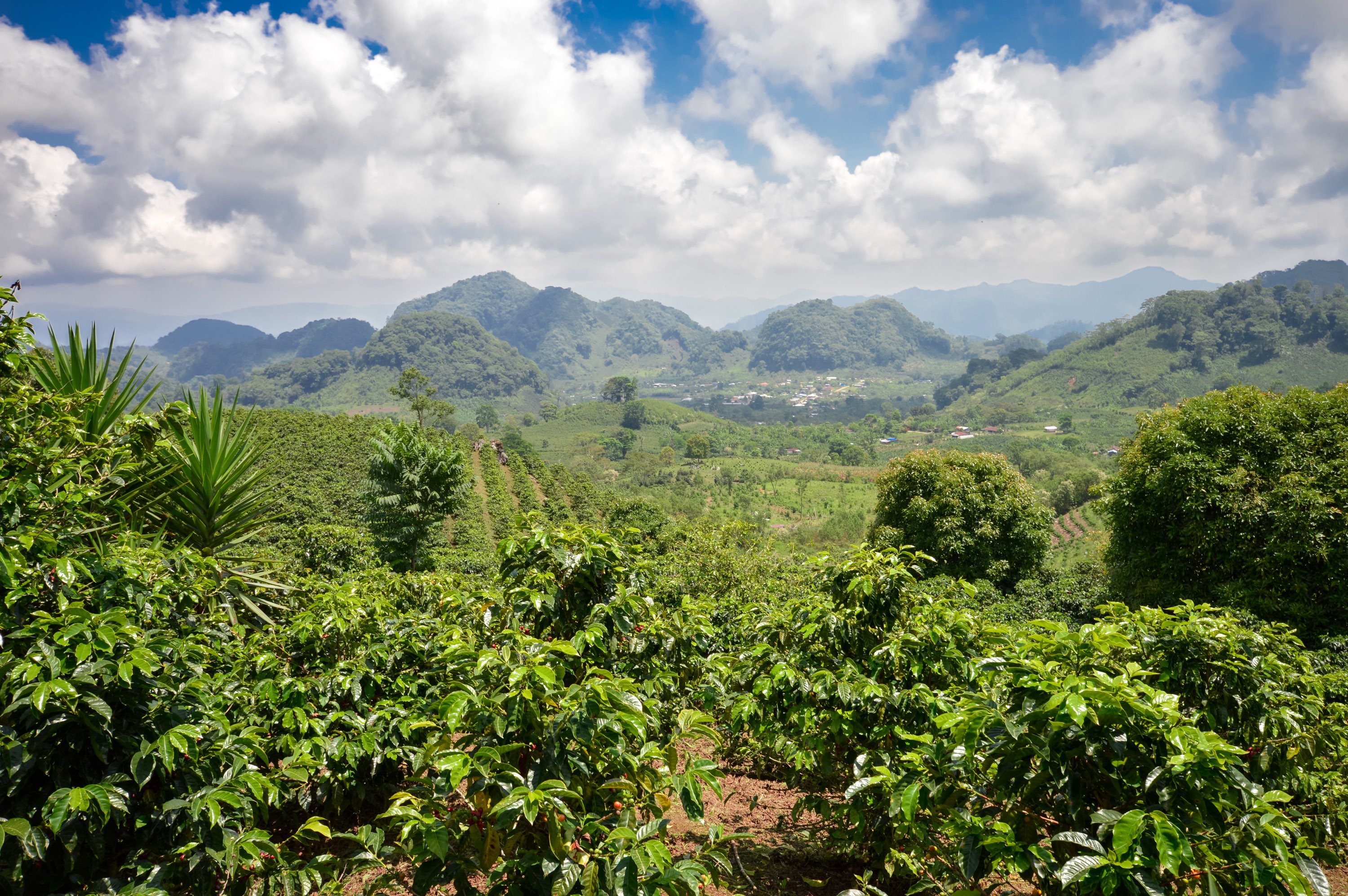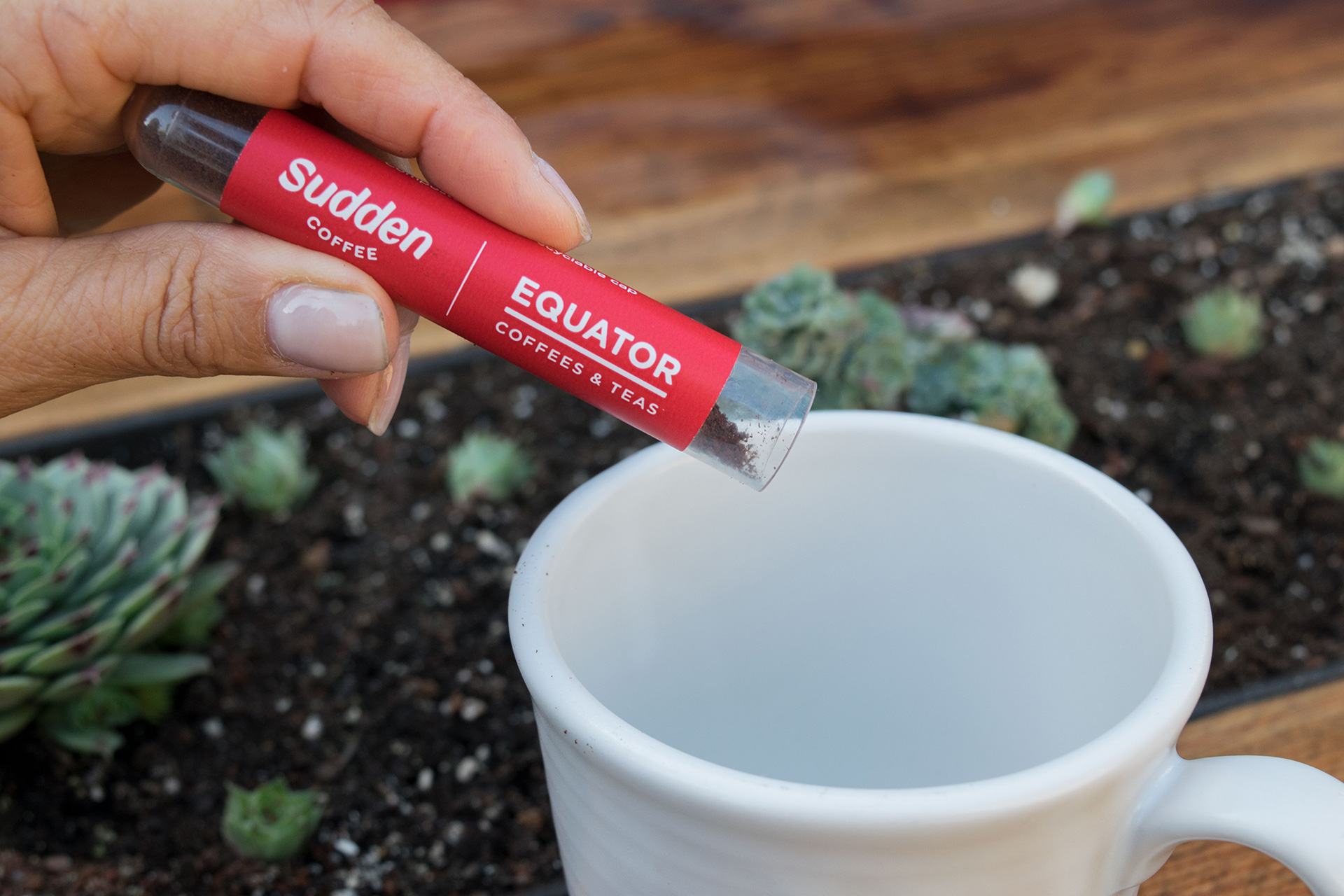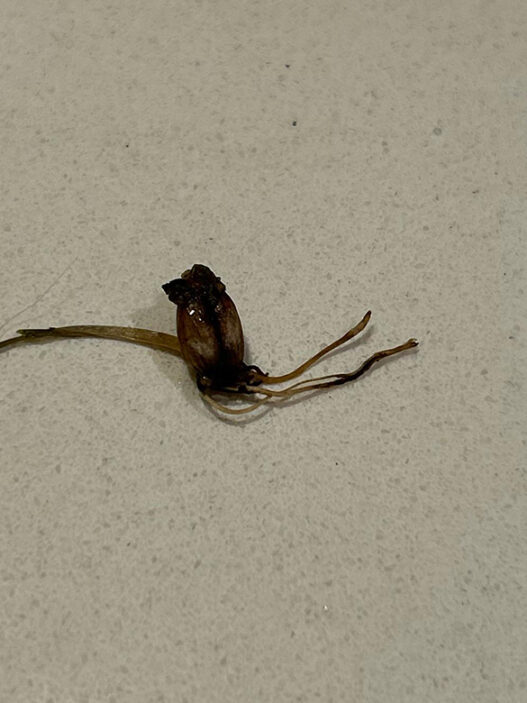
The upside to growing Robusta coffee has always been, well, it’s robustness. (We will not be making any cheap puns here, thank you very much.) Though the flavor of the cup it produces is considered to be generally less complex than that of its counterpart Arabica, Robusta was thought to be resilient, able to continually clock high yields even in less than ideal growing conditions. But a new study finds that Robusta’s heat tolerance may have previously been overstated, and that’s spells disaster with the impending threat of global warming.
Published recently in Global Change Biology, the study titled “Not so robust: Robusta coffee production is highly sensitive to temperature” was a collaborative effort between the Centre for Applied Climate Sciences at the University of Southern Queensland in Australia (USQ), the International Center for Tropic Agriculture in Hanoi, Vietnam, and Sustainable Management Services in Ho Chi Minh City, all led by USQ Research Fellow Dr. Jarrod Kath. For the paper, the team compiled data on 10 years’ worth of yield observations from 798 coffee farms in Southeast Asia, coupling it with “high‐resolution precipitation and temperature data.”
In analyzing the dataset, the researchers found Robusta trees have an optimal growing temperature under 20.5°C (68.9°F), with a “mean minimum/maximum of ≤16.2/24.1°C.” The study’s stated optimum growing temperature is a considerable 1.5-1.9°C (2.7-3.4°F) lower than previously believed. In fact, the paper found that yields from areas with temperatures in the “middle of Robusta’s currently assumed optimal range” were 50% lower than that of the 20.5°C range.
Researchers found that, for every 1°C in temperature increase, there was an associated 14% decrease is overall crop yield, roughly 350–460 kg/ha.
While still more heat resilient than Arabica, the 20.5°C optimum temperature range suggested by the study is much closer to that of Arabica, 18°C–21°C per a 2015 study by the US National Oceanic and Atmospheric Administration. The new findings suggest that the effects of climate change will be deleterious across a much larger swath of coffee production. Whereas Robusta was once thought to be able to thrive in higher temperatures that would otherwise decimate Arabica yields, this new study finds that climate change’s effect on Robusta would also be significant.
So for the love of coffee, all of it—not just your lactic processed rare variety microlots—please consider your impact on the planet.
Zac Cadwalader is the managing editor at Sprudge Media Network and a staff writer based in Dallas. Read more Zac Cadwalader on Sprudge.
Top image © Adobe Stock/travelphotos






















